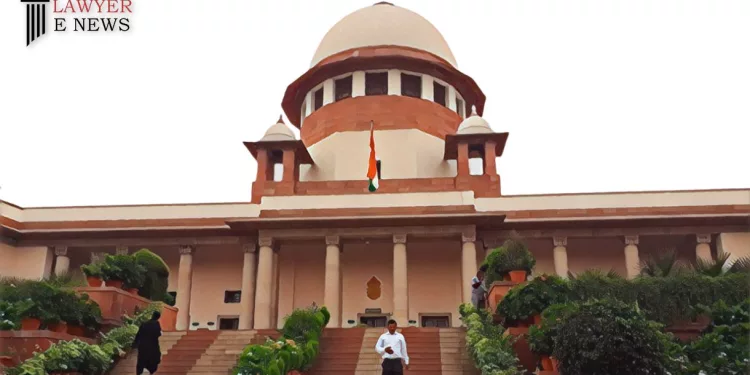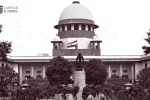Appellate Courts Must Uphold Duty of Care in Appeals Against Acquittal -Supreme Court

In a significant ruling, the Supreme Court of India underscored the importance of the duty of appellate courts in appeals against acquittal. The judgment, delivered by a bench comprising Justice Abhay S. Oka and Justice Sanjay Karol, emphasized the need for meticulous scrutiny of evidence and adherence to established principles.
The case in question involved the conviction of individuals under Part I of Section 304 and Section 324 of the Indian Penal Code, read with Section 149. The appellants had previously been acquitted by the Trial Court, but the High Court overturned this decision, leading to an appeal to the Supreme Court.
The key takeaway from the judgment lies in the Court’s observation regarding the role of the Appellate Court. The judgment states, “Appellate Jurisdiction – Duty of the Appellate Court in appeals against acquittal – Re-appreciation of evidence – Possibility of the Trial Court’s view – High Court’s failure to record reasons and findings – Appellate Court’s duty to consider the reliability of prosecution witnesses and their demeanour.”
In essence, the Appellate Court’s responsibility is not merely to assess whether the Trial Court’s view is correct or incorrect but to determine whether the Trial Court’s view is a possible one based on the evidence at hand. This principle is pivotal when dealing with appeals against acquittals.
Furthermore, the judgment highlighted the significance of considering the demeanour of witnesses in the context of reliability. It noted that Trial Courts often have the advantage of closely observing witnesses during their testimony, which adds depth to their assessment of witness credibility.
The case also raised concerns about the investigation process, specifically regarding a grievous injury suffered by one of the accused. The judgment pointed out a serious lacuna in the prosecution’s case due to the failure to investigate this injury thoroughly.
Supreme Court set aside the impugned High Court judgment and emphasized that the Trial Court’s conclusions were possible based on the available evidence. As a result, the appellants were directed to be set at liberty unless detained in connection with another case.
Date of Decision: September 26, 2023
D. SUNDARA & ORS. vs STATE OF KARNATAKA




